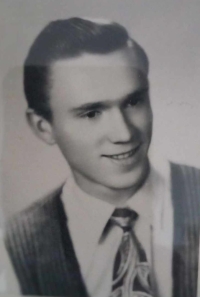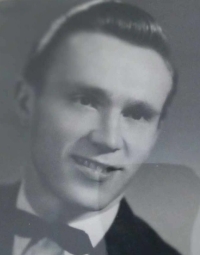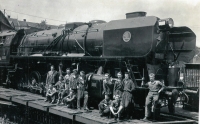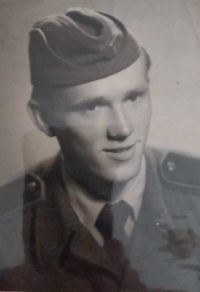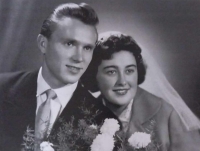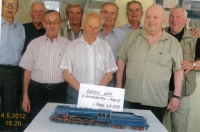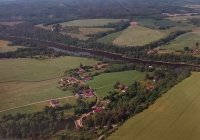Monetary reform has affected my whole life

Stáhnout obrázek
Václav Drhovský was born as the second child to Josef Drhovský and Alžběta Drhovská, née Koutníková, in the small settlement of Doubrava-Hladná in South Bohemia on 28 May 1935. His father worked as a master carpenter for a company founded by Vojtěch Lanna Sr. Václav Drhovský met German soldiers during World War II and witnessed the arrival of the Red Army in the village in 1945. In 1950, he started his apprenticeship at Škoda in Plzeň (at that time known as Vladimir Ilyich Lenin Works), where he began working as a machine repairer/maintenance worker at the locomotive plant in 1952. On 1 June 1953, along with many others from Škoda, he took part in a massive protest in Plzeň against the currency reform that deprived most people of their savings and caused a reduction in the benefits for the working class which had been strongly supported by then. He was fired from his original profession for taking part in the protest and, along with many other participants including office staff, had to take a much worse job in the factory. Even though he was reassigned back to his original job a few months later, he had since faced difficulty getting a better job, unable to hold management positions. His attendance durign the anti-state protest was kept in his cadre report and he faced the consequences until 1989. In order to improve his prospects a little, he studied at the evening industrial college and graduated in 1965. From 1963 until his retirement in 1995, he worked as a revision technician for lifting equipment at the newly established Škoda plant in České Budějovice. At the time of filming (2023), Václav Drhovský lived in České Budějovice.
